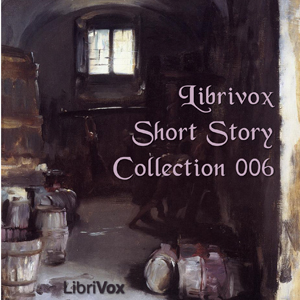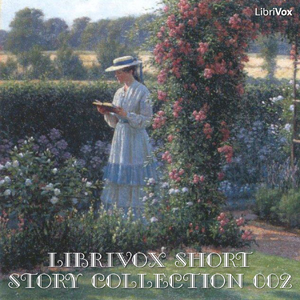- Preface
- How the Hodja Saved Allah
- Better is the Folly of Woman than the Wisdom of Man
- The Hanoum and the Unjust Cadi
- What Happened to Hadji, a Merchant of the Bezestan
- How the Junkman Travelled to Find Treasure in his own Yard
- How Chapkin Halid Became Chief Detective
- How Cobbler Ahmet Became the Chief Astrologer
- The Wise Son of Ali Pasha
- The Merciful Khan
- King Kara-Kush of Bithynia
- The Prayer-Rug and the Dishonest Steward
- The Goose, the Eye, the Daughter, and the Arm
- The Forty Wise Men
- How the Priest Knew that it Would Snow
- Who was the Thirteenth Son?
- Paradise Sold by the Yard
- Jew Turned Turk
- The Metamorphosis
- The Calif Omar
- Kalaidji Avram of Balata
- How Mehmet Ali Pasha of Egypt Administered Justice
- How the Farmer Learned to Cure his Wife
- The Language of Birds
- The Swallow's Advice
- We Know not What the Dawn May Bring Forth
- Old Men Made Young
- The Bribe
- How the Devil Lost His Wager
- The Effects of Raki
In the course of a number of visits to Constantinople, I became much interested in the tales that are told in the coffee houses. These are usually little more than rooms, with walls made of small panes of glass. The furniture consists of a tripod with a contrivance for holding the kettle, and a fire to keep the coffee boiling. A carpeted bench traverses the entire length of the room. This is occupied by turbaned Turks, their legs folded under them, smoking nargilehs or chibooks or cigarettes, and sipping coffee. A few will be engaged in a game of backgammon, but the majority enter into conversation, at first only in syllables, which gradually gives rise to a general discussion. Finally, some sage of the neighborhood comes in, and the company appeals to him to settle the point at issue. This he usually does by telling a story to illustrate his opinion. Some of the stories told on these occasions are adaptations of those already known in Arabic and Persian literature, but the Turkish mind gives them a new setting and a peculiar philosophy. They are characteristic of the habits, customs, and methods of thought of the people, and for this reason seem worthy of preservation. - Summary by Preface
There are no reviews for this eBook.
There are no comments for this eBook.
You must log in to post a comment.
Log in











